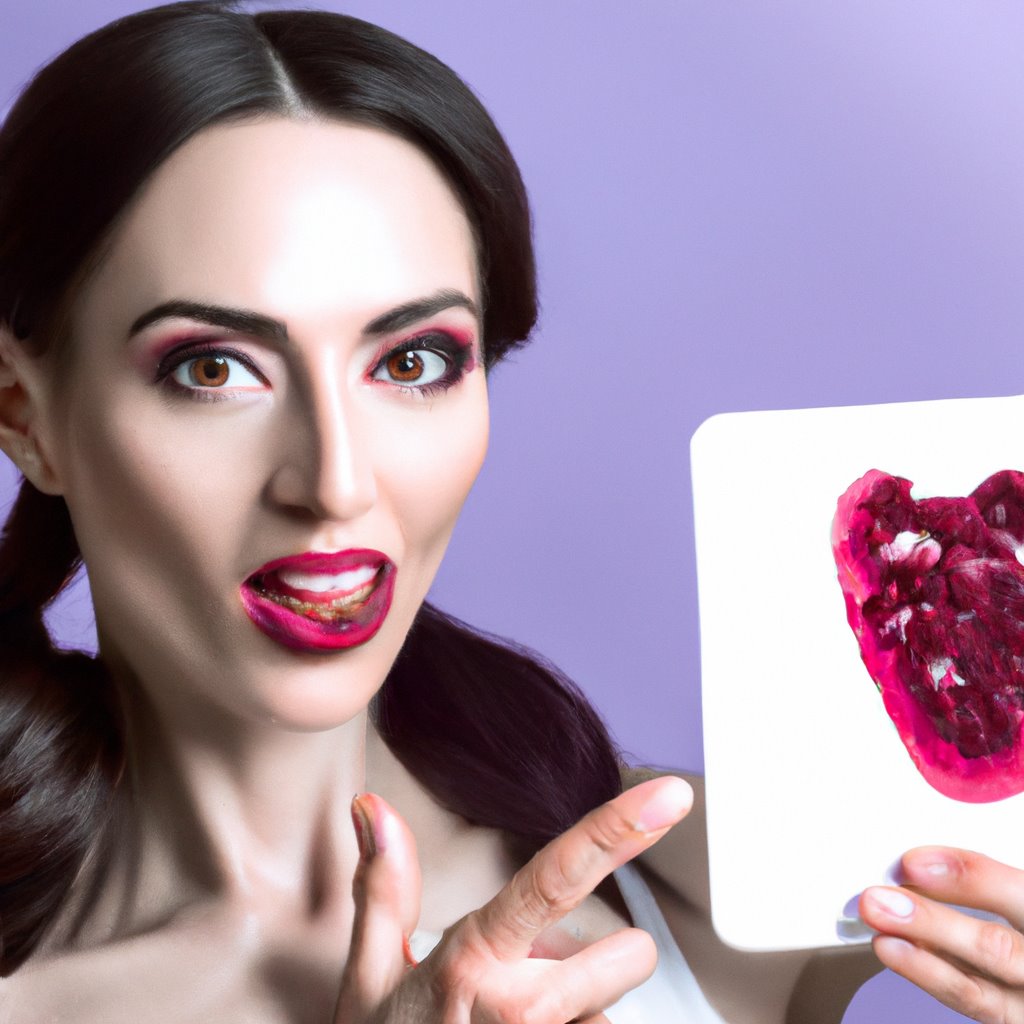When it comes to achieving healthy, youthful skin, many people turn to skincare products and treatments. However, what we put into our bodies can have a significant impact on the health and appearance of our skin. Our dietary patterns play a crucial role in determining the overall health and vitality of our skin.
Research has shown that certain dietary patterns can have a positive impact on skin health, while others can contribute to skin issues such as acne, eczema, and premature aging. By understanding how different foods and nutrients affect our skin, we can make more informed choices about what we eat and ultimately improve the health and appearance of our skin.
One of the key factors that influence skin health is inflammation. Chronic inflammation in the body can lead to a variety of skin issues, including redness, puffiness, and a dull complexion. Certain foods have been shown to have anti-inflammatory properties and can help reduce inflammation in the body.
Foods that are rich in antioxidants, such as fruits, vegetables, and nuts, can help combat inflammation and protect the skin from damage caused by free radicals. Omega-3 fatty acids, found in fatty fish, flaxseeds, and walnuts, have also been shown to have anti-inflammatory effects and can help promote healthy, youthful skin.
In addition to reducing inflammation, certain dietary patterns can also help promote collagen production, which is essential for maintaining skin elasticity and firmness. Collagen is a protein that helps keep the skin plump and hydrated, and as we age, our collagen levels naturally decline.
Foods that are rich in vitamin C, such as citrus fruits, bell peppers, and strawberries, can help promote collagen production in the skin. Other nutrients, such as zinc and vitamin E, are also important for maintaining healthy skin and promoting collagen synthesis.
On the other hand, certain dietary patterns can have a negative impact on skin health. Foods that are high in sugar and processed carbohydrates can cause a spike in insulin levels, which can lead to inflammation in the body and trigger acne breakouts.
Dairy products have also been linked to skin issues such as acne, eczema, and rosacea in some individuals. Research suggests that hormones and growth factors present in dairy products may contribute to the development of these skin conditions.
In addition to specific foods, overall dietary patterns can also have a significant impact on skin health. Diets that are high in fruits, vegetables, whole grains, and lean proteins are associated with healthier, more youthful-looking skin.
The Mediterranean diet, which is rich in fruits, vegetables, olive oil, and fish, has been shown to have numerous benefits for skin health. Studies have found that individuals who follow a Mediterranean diet have a lower risk of skin aging and skin cancer, as well as improved skin hydration and elasticity.
In contrast, diets that are high in processed foods, sugar, and unhealthy fats can contribute to skin issues such as acne, eczema, and premature aging. These diets are often low in essential nutrients that are important for maintaining healthy skin, such as vitamins A, C, and E, as well as omega-3 fatty acids.
It's important to note that skin health is influenced by a variety of factors, including genetics, lifestyle habits, and environmental exposures. However, by making mindful choices about our dietary patterns, we can positively impact the health and appearance of our skin.
Ultimately, the key to revitalizing your skin, reversing aging, and revealing your youthful glow lies in nourishing your body with a healthy, balanced diet. By incorporating nutrient-rich foods that support skin health, and avoiding foods that can contribute to skin issues, you can achieve radiant, healthy skin from the inside out.


leave a comment